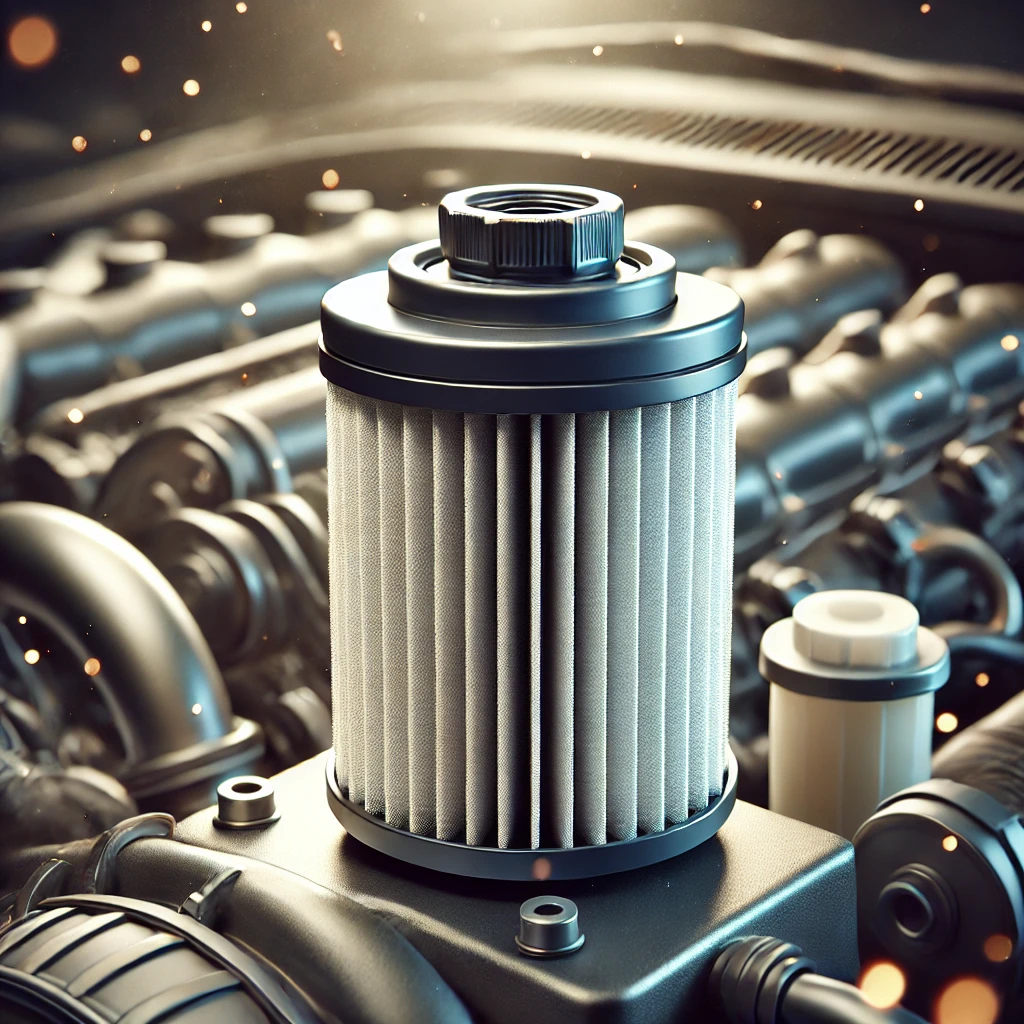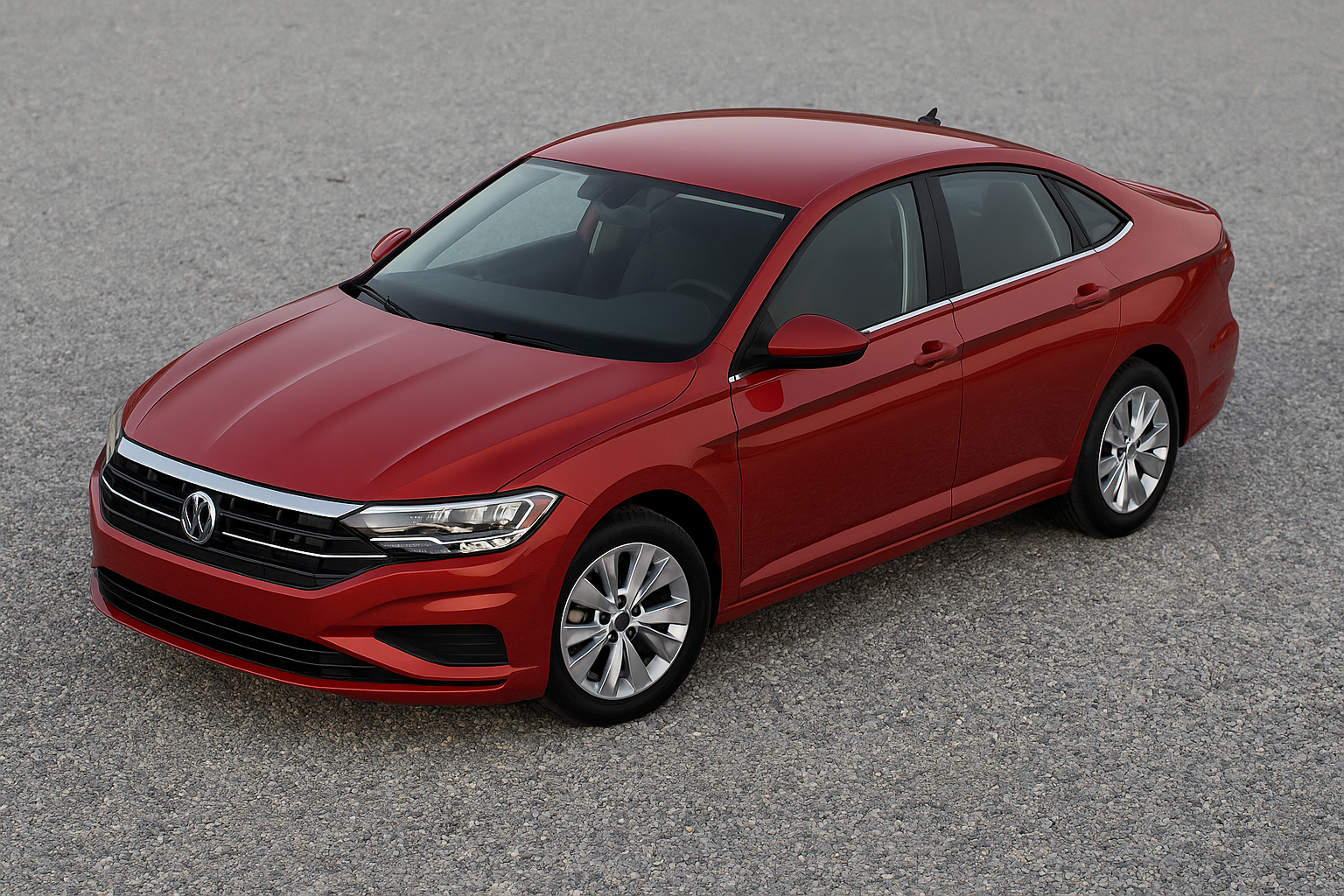
A clogged fuel filter can result in reduced engine power, difficulty starting, increased fuel consumption and jerking while driving, so replacing it regularly helps to avoid serious breakdowns.
How do you know when it's time to change your fuel filter?
The fuel filter plays a key role in ensuring the smooth operation of the engine by cleaning the fuel of contaminants and preventing particles from entering the injection system. Over time, the filter can become clogged, which can cause various problems in the operation of the vehicle. A clogged filter restricts the fuel supply, which results in decreased engine performance, especially when accelerating or driving uphill. Insufficient fuel flow can make it difficult or impossible to start the engine. The engine may run rough or stall at idle due to irregular fuel supply. The vehicle may jerk or run rough, especially under increased loads or when driving uphill. A clogged filter can result in an incorrect air-fuel ratio, which increases fuel consumption.
The main causes of fuel filter clogging are related to fuel quality, fuel tank condition, and moisture. Impurities and contaminants in the fuel can quickly clog the filter. Corrosion inside the tank can cause rust and scale to enter the system, reducing the efficiency of the filter. Moisture condensing in the tank promotes corrosion and deterioration of the filter.
Car manufacturers recommend replacing the fuel filter every 30,000–60,000 km, but this interval may be shorter if low-quality fuel is used or the vehicle is driven in difficult conditions. If signs of a malfunction appear, the filter should be checked and replaced if necessary. Refueling at trusted gas stations will help reduce the risk of filter clogging.
Ignoring fuel filter problems can cause serious engine damage and increased repair costs. Timely maintenance and filter replacement will ensure reliable and efficient operation of the vehicle.






